Why Representation Matters

It’s long overdue we stopped pretending that media representation has no influence over how people are treated in the real world.
The Many Worlds of Charmed TV Writer Christina Piña
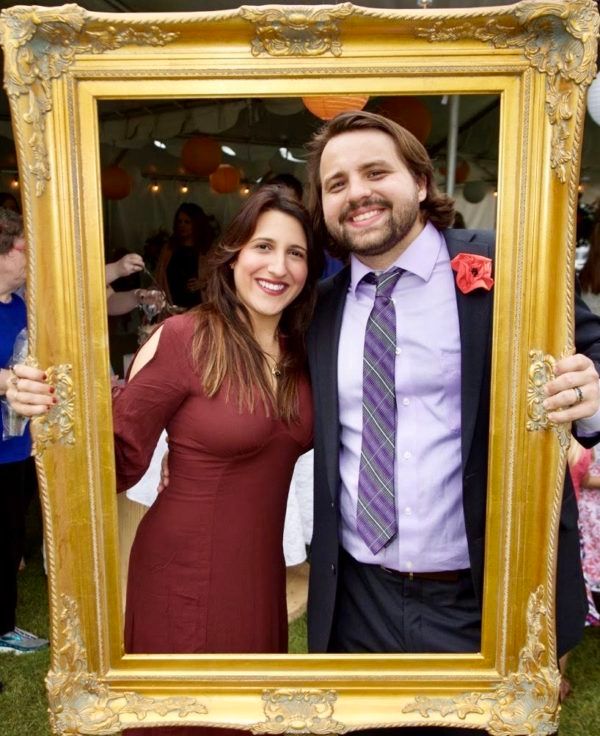
But instead of falling victim, she became independent, argumentative, curious, and precocious.
Going Off-Road: The Bold Choices of Writer Charles Ray Hamilton
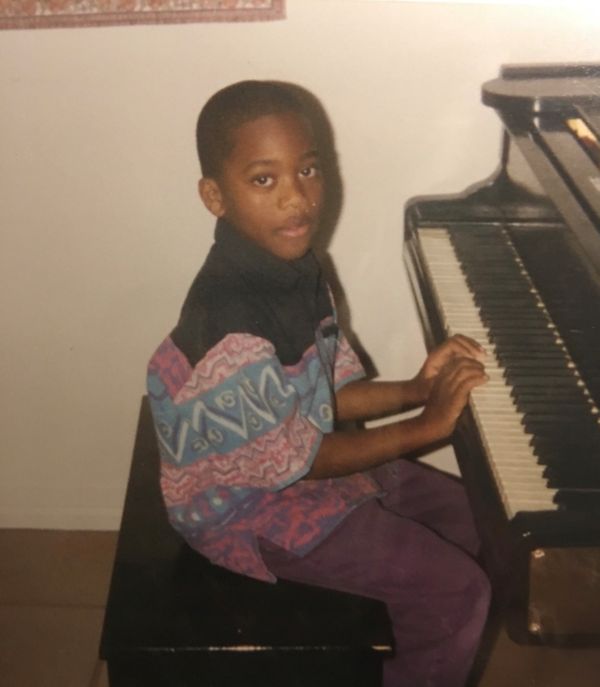
“It really did feel like, ‘We’ve never seen one of your kind before.’”
Finding Creativity Within Constraints with Mark Duplass

Mark broke down creative struggles into three main stages—the creatively crashed, the creatively frustrated, and the creatively excited (albeit a bit directionless)—before providing ideas on how to push through each stage.
"Write Your Ideas:" A Conversation with The Conners' Amy Fox
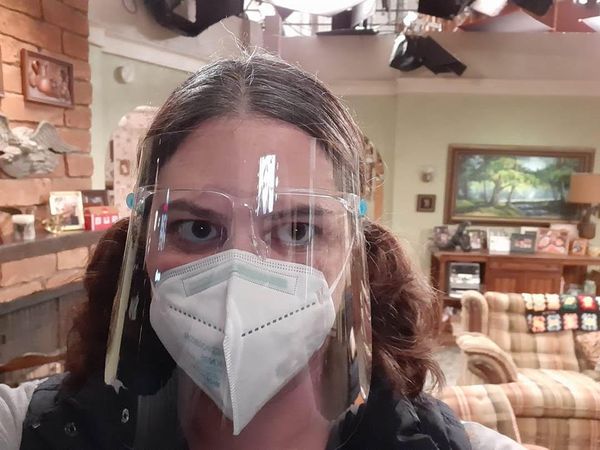
I’m sure there’s someone out there going, “Oh, good. You’re a hard worker.” But the whole point is there is not a system here that allows people who are not independently wealthy to do what it takes to break in.
Scott Neustadter on the Script You "Can’t Not Write"
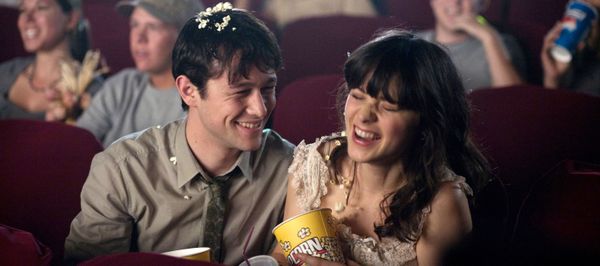
Scott Neustadter discusses the challenges of turning a true story into a cinematic experience, how he and Michael sold their first script, and his search for the story he “can’t not write.”
Desire and Character
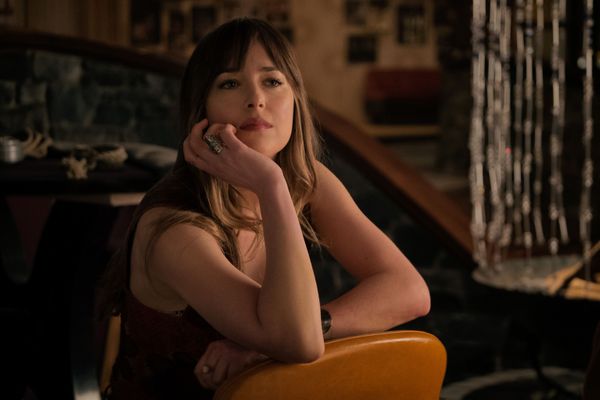
Before we can subtly communicate the desires of our character to the audience, we have to fully understand those desires ourselves.
Why St. Patrick’s Day Partying is Amateur Night

I’m not necessarily interested in partying with people who are only doing it out of obligation or cause “it’s the thing to do.” I want people who are committed. Don’t show up to the Super Bowl asking “Who’s playing?”, or “What’s this about again?”
Person to Person: A Conversation with Writer/Director Dustin Guy Defa
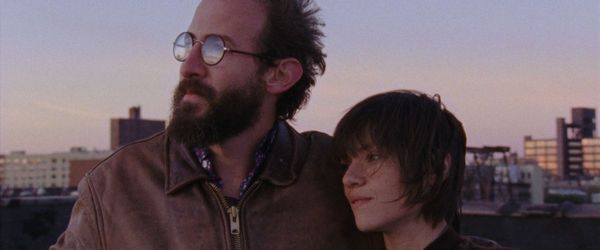
Dustin Guy Defa discusses how he approached the structure of "Person to Person," writing genuine dialogue, and the benefits and drawbacks of complete creative control.
I Love You Both: A Conversation with Twin Writers Doug and Kristin Archibald
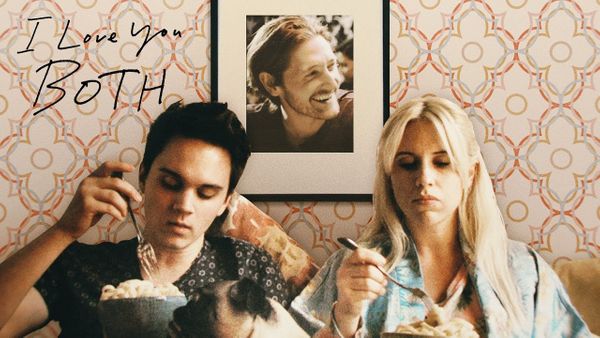
Hollywood families aren’t a new thing, but it’s rare to see a movie where the co-stars are twins in real life who also wrote the film together.
Ben-Hur: From the Page to the Screen

A conversation with the director and cast of "Ben-Hur" on practical effects, strong voices, and the power of forgiveness.
Can I Crowdfund If My Friends Are Broke?

Best practices are not to entirely depend on your friends and family but for your first campaign or two, it’s largely unavoidable. So what can you do if your starting “crowd” is broke?
Q&A: Approaching to the Coming-of-Age Story
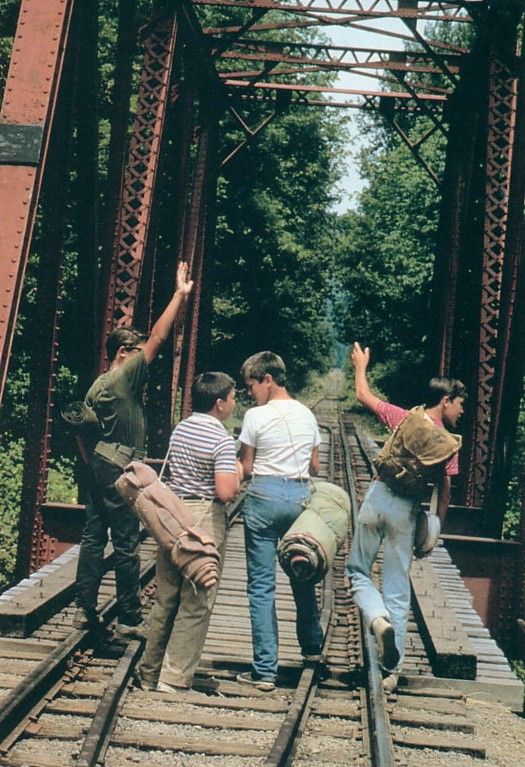
Coming-of-age stories have long been a staple of storytelling. Since the early days of film and television, audiences have enjoyed watching characters that mature before our very eyes.
Writer/Director Zeina Durra Digs Into the Past for Luxor
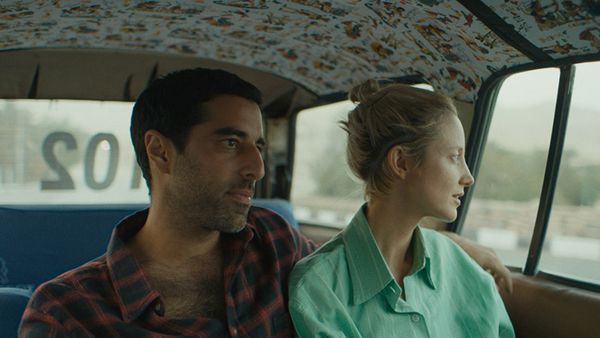
Luxor tells the story of a British aid worker taking a hiatus in the ancient Egyptian city, where she bumps into a former lover, Sultan, an archeologist.
Indignation: Oscar-Nominated Writer James Schamus Tells It Like It Is
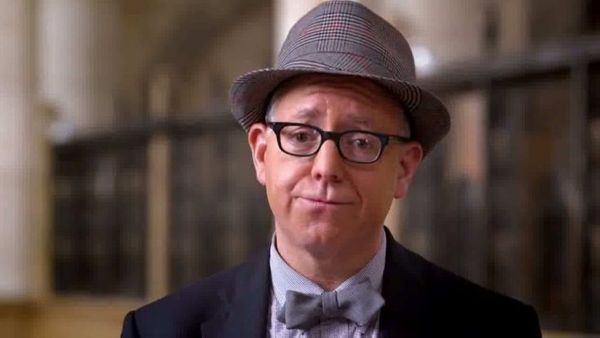
An interview with James Schamus, the writer of the "Indignation," on his writing process, screenplays that aren’t over-written, and the violence of adapting great books.

